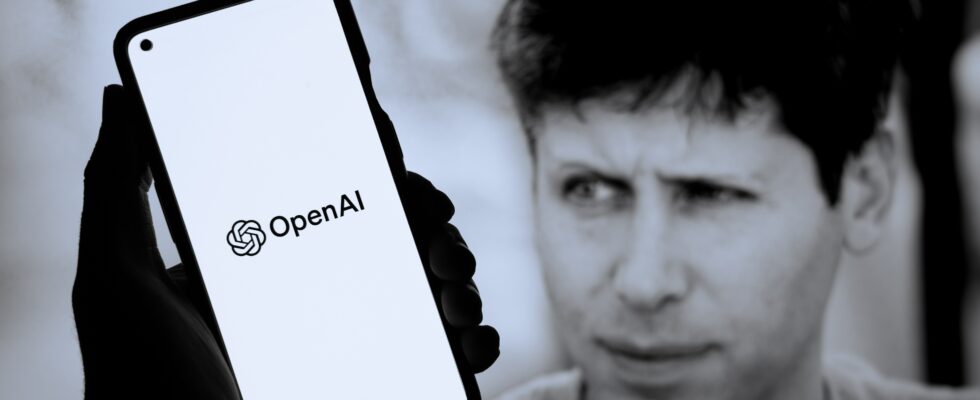The authority in charge of registered trademarks in the United States refused the one that OpenAI wanted to obtain for GPT. The acronym, very identified with the company managed by Sam Altman, will therefore not be protected.
OpenAI, beyond all the achievements presented to the public over the past year, like Sora again yesterday, it is above all in the mind of the ChatGPT public. Or the chatbot developed by OpenAI, which launched the world into the adventure of consumer AI.
And it is to protect this brand a little more that the Californian start-up wanted to obtain a registered trademark for GPT, which is at the same time part of the name of its AI, the language model with which it works and the name personalized AIs that can be developed over the past few months.
A definitive no
It didn’t cost anything to try, and OpenAI had to do it. But the refusal was at the end of the road. The US Patent and Trademark Office (USPTO) in fact gives a definitive no to OpenAI’s request to protect the GPT name, after having already responded in the same way to a previous attempt, last October.
For the American administration, “ registration is refused because the mark applied for merely describes an aspect, function or characteristic of the applicant’s goods and services. » OpenAI will no longer be able to request a reopening of this file in the future.
GPT, a brand that already exists elsewhere
Microsoft’s partner company tried to convince the American authority by arguing that it had popularized the term GPT, which means ” generative pre-trained transformer “. He was told that the term GPT was already used almost everywhere else in the world, and even in his sector, for example at the giant Amazon.
The consequence of this refusal will be the possibility in the future for any entrepreneur to be able to use GPT in the name of a product and to market it, without OpenAI having any legal recourse in its possession to counter it. Enough to give ideas to many smart people?
Source : Techcrunch

5